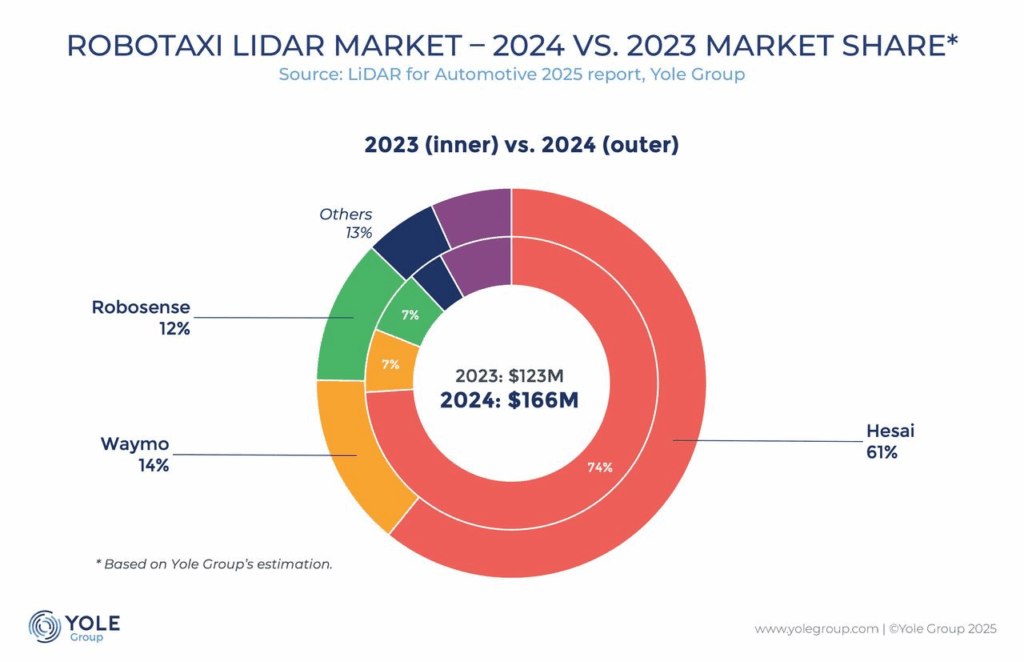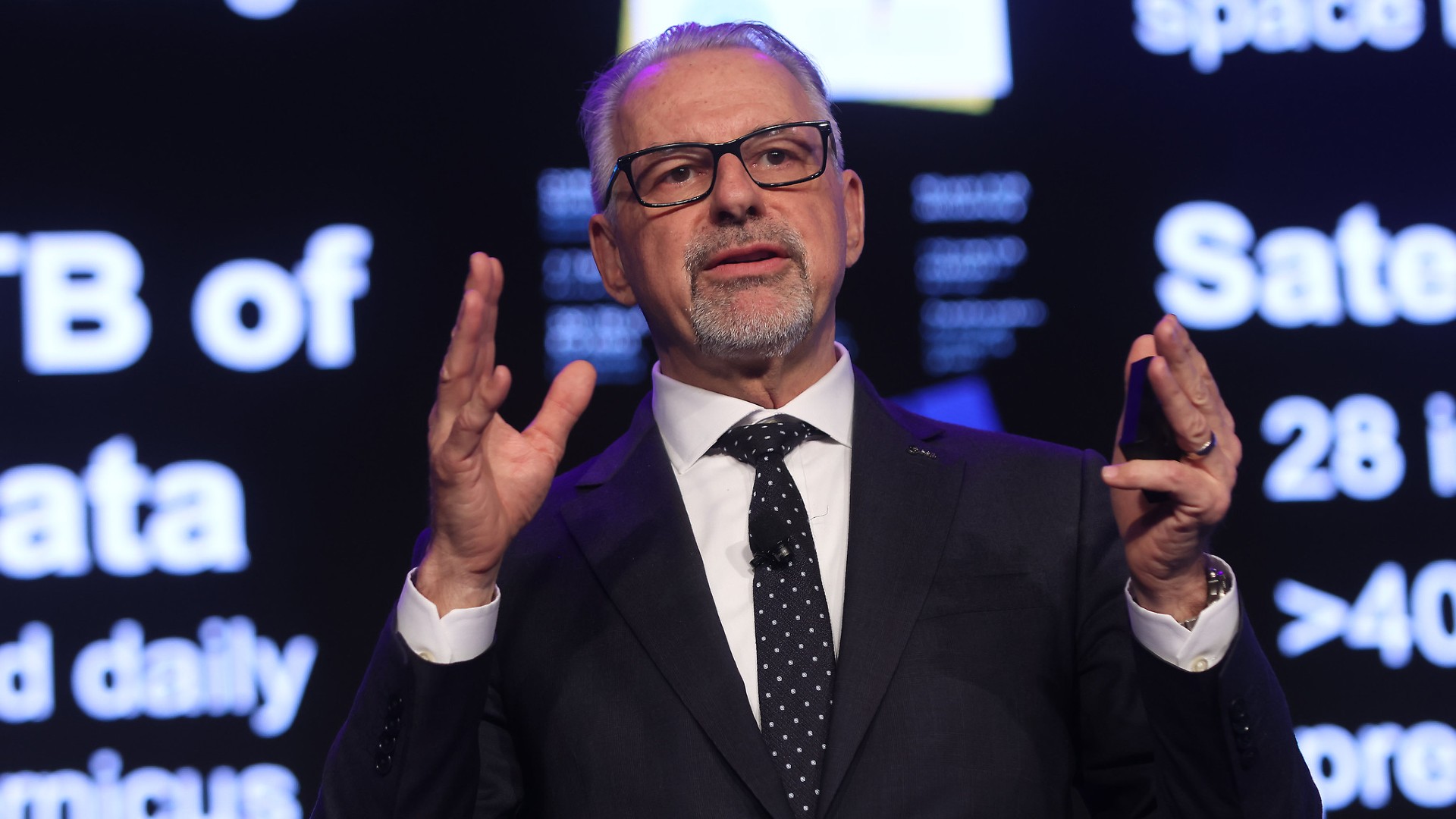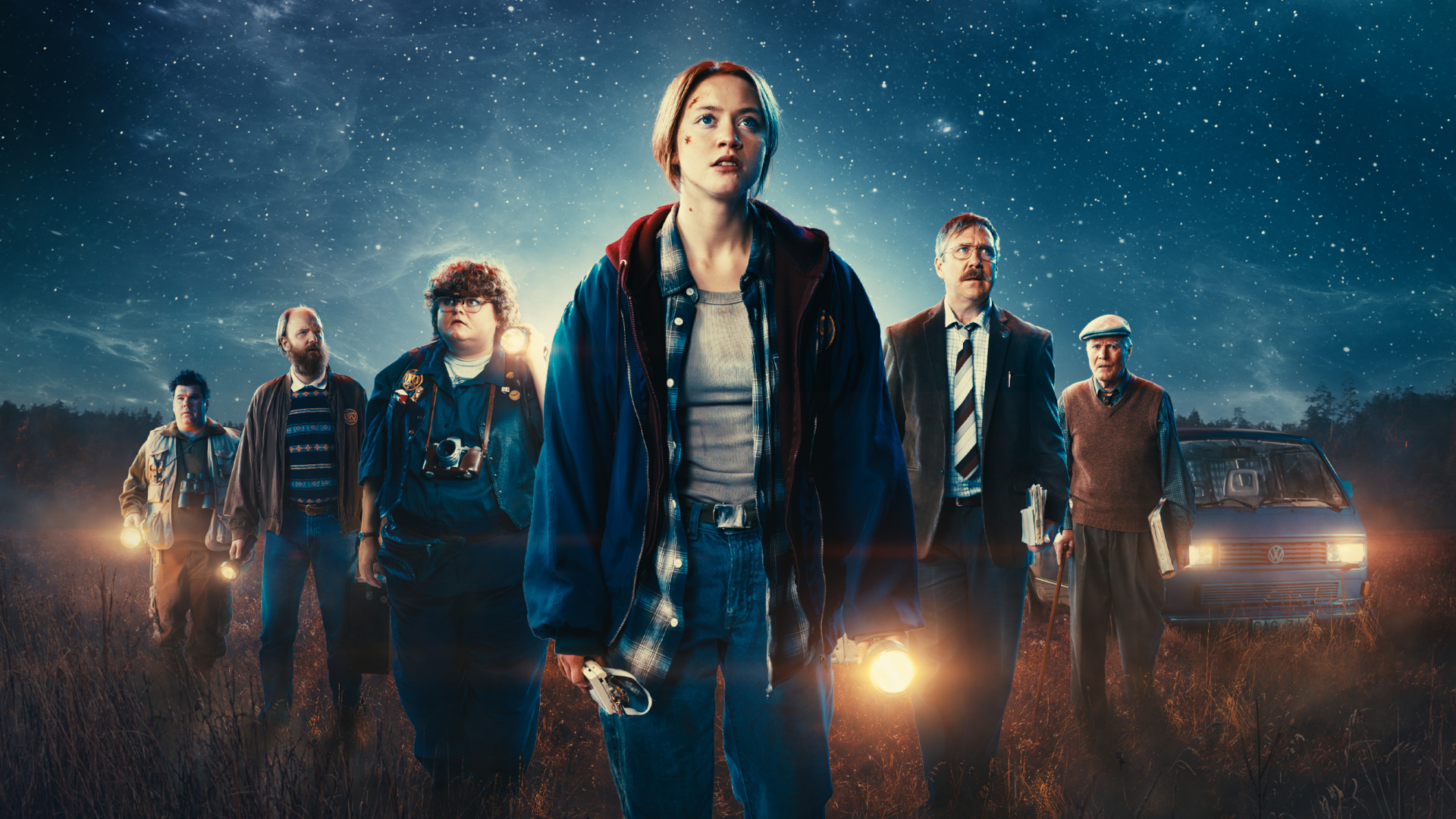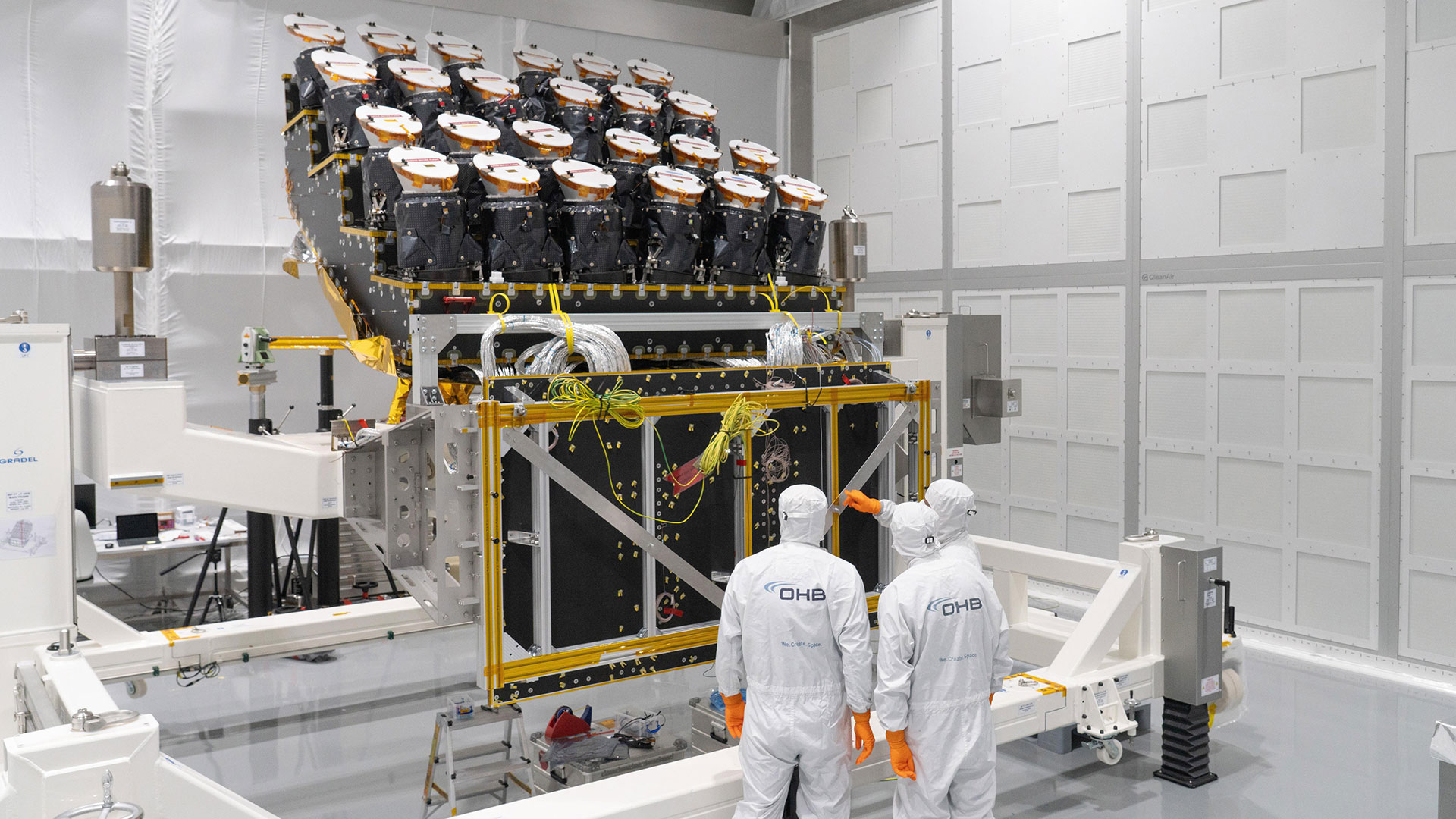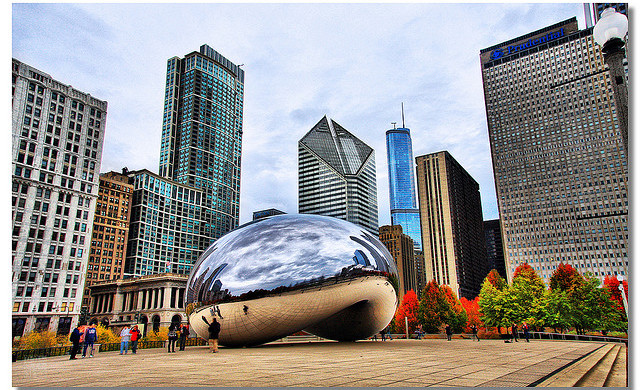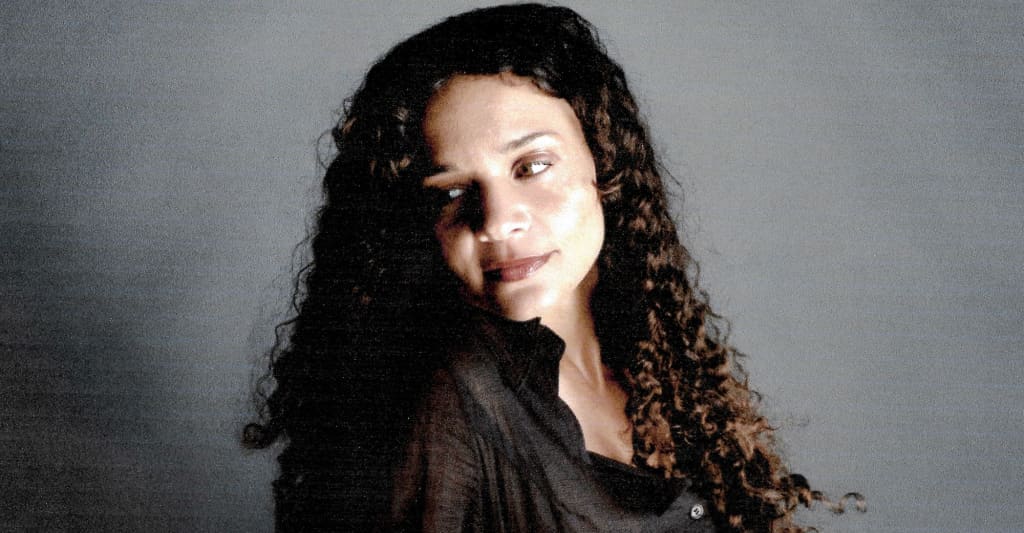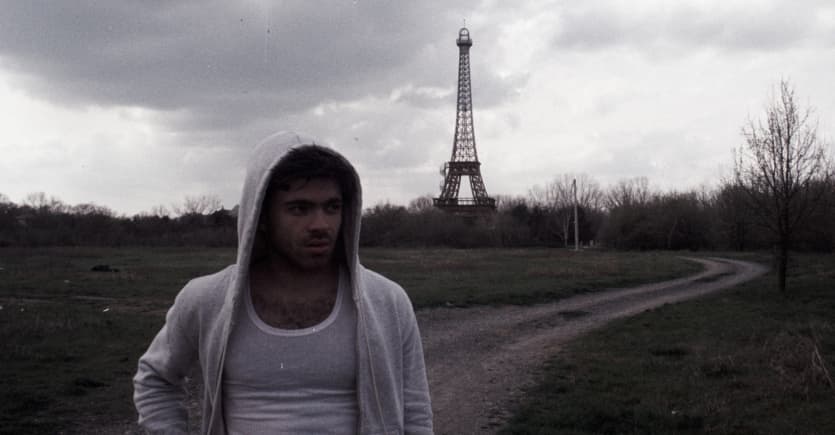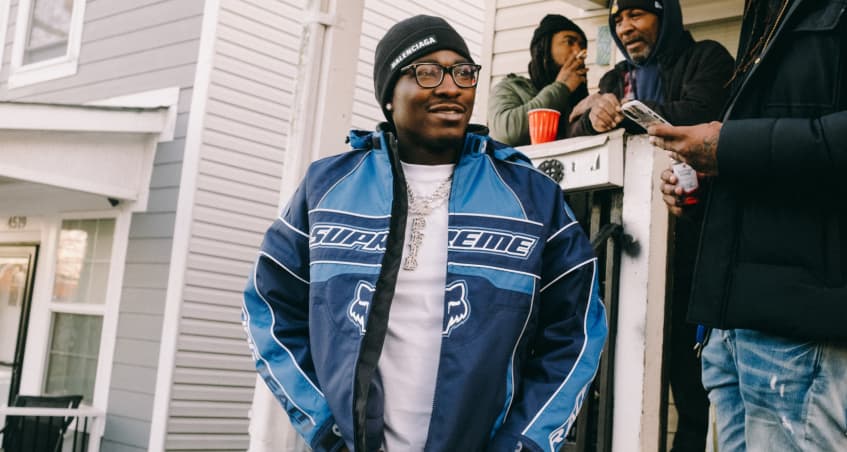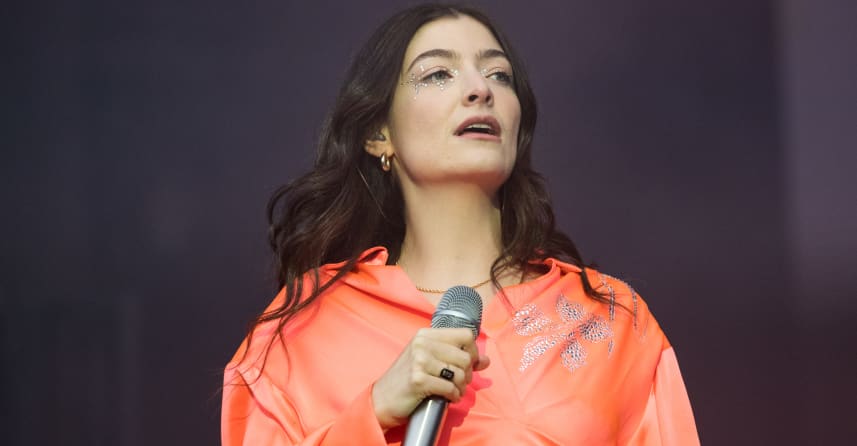RFK Jr.'s new vaccine testing rule agitates industry, experts
When the Department of Health and Human Services (HHS) announced a new requirement for placebo testing on all new vaccines last week, the agency suggested the move would help protect consumers. But medical experts and vaccine makers say wide application of the rule would be an unnecessary drain on time and money, while raising ethical...

When the Department of Health and Human Services (HHS) announced a new requirement for placebo testing on all new vaccines last week, the agency suggested the move would help protect consumers.
But medical experts and vaccine makers say wide application of the rule would be an unnecessary drain on time and money, while raising ethical questions by depriving some patients of safe vaccines that could protect them from disease.
Akiko Iwasaki, former president of the American Association of Immunologists (AAI) and director of the Yale School of Medicine Center for Infection and Immunity, told The Hill “it's unethical to put people on a placebo arm when there is an existing vaccine for a trial like this.”
According to an HHS spokesperson, the rule announced last week means “all new vaccines will undergo safety testing in placebo-controlled trials prior to licensure — a radical departure from past practices.”
“Except for the COVID vaccine, none of the vaccines on the CDC’s [Centers for Disease Control and Prevention] childhood recommended schedule was tested against an inert placebo, meaning we know very little about the actual risk profiles of these products,” the spokesperson added.
Experts have pushed back against this claim about vaccine testing, pointing to various double-blind studies for inoculations against MMR, polio and the flu, among others.
The details of how the HHS plans to implement these added tests, including what exactly can be considered a “new vaccine” under this rule, remain unclear. Double-blind, placebo-controlled trials — considered the gold standard for evaluating safety and efficacy — are already conducted when new vaccines are being developed.
Medical experts are worried it will also apply to seasonal updates on existing vaccines.
Requests by The Hill for a definition of “new vaccines” as it concerns the new rule were not directly addressed by the HHS. Andrew Nixon, HHS director of communications, has said the flu shot is “unlike” COVID-19 vaccines as it has been “tried and tested for more than 80 years.”
New vaccines undergo placebo-controlled trials as part of the development and approval process, meaning a “test group” receives the new vaccine and a “control group” is given saline or another inert solution, for the sake of scientific comparison.
The vagueness of the HHS announcement has left the pharmaceutical industry on edge, with manufacturers telling The Hill they’ve received no word as to what vaccines are specifically subject to the added placebo testing rule.
Seasonal vaccines don’t normally undergo placebo-controlled testing again once they’ve been approved by the Food and Drug Administration, as the yearly changes aren’t usually significant.
The pharmaceutical industry has not been receptive to Health and Human Services Secretary Robert F. Kennedy Jr.'s new rule.
Andrew Powaleny, spokesperson for the pharmaceutical trade group PhRMA, said in a statement to The Hill that “placebo-controlled trials are not appropriate for all new vaccines, especially when there are existing vaccines available.”
“In this instance, new vaccines are appropriately compared to existing ones. Requiring placebo-controlled trials for all vaccines needlessly exposes patients to disease, offering potential protection to some patients but not," Powaleny added.
The life sciences platform BioSpace Inc. reported that the health care investment bank Leerink Partners told its investors last week that Kennedy’s new policy “is negative news for vaccine manufacturers.”
The bank reportedly deemed HHS’s judgment to be “questionable and risky” and called placebo-controlled trials “unnecessary and unethical for many populations.”
The efficacy of annually updated vaccines is evaluated through what are called immunobridging studies that compare the immune responses of people who’ve received an older version of a vaccine to those who’ve received an updated version.
“It can be rolled out pretty quickly because these processes take just a few weeks to complete,” said Iwasaki of the Yale School of Medicine.
In comparison, complete placebo-controlled trials for vaccines can take months. Put simply, there just isn’t enough time to test every annual iteration of a vaccine that’s already undergone extensive testing.
“It's usually a very subtle change in the design of the vaccine,” Stephen Jameson, president of the AAI, said of the year-to-year changes made to seasonal vaccines. “And the issue with trying to have all of those go through the same placebo-controlled trials is that by the time you would get through the trial, a typical trial, the vaccine would no longer be of much use because the season would be, you know, in full flight.”
Clinical trials are also costly at multiple points in their progression. Estimates published last year by the HHS found that phase II and III trials, when placebo-controlled testing is employed, have average out-of-pocket costs of $12.7 million and $87 million, respectively.
When asked if there are any improvements or changes he'd like to see in vaccine development, Jameson said “continued funding and increased funding.”
“It feels strange to be talking about, you know, questions about vaccines right now because of the kind of tremendous advances and success in developing the COVID-19 vaccines,” he said. “Developing those platforms further for diseases that don't have effective vaccines yet would be very wise.”



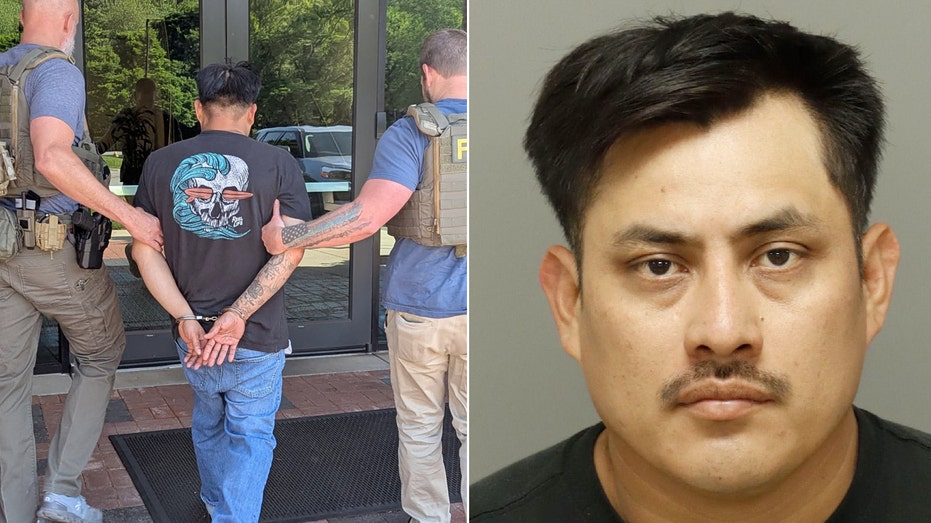














_Sergey_Tarasov_Alamy.jpg?width=1280&auto=webp&quality=80&disable=upscale#)






